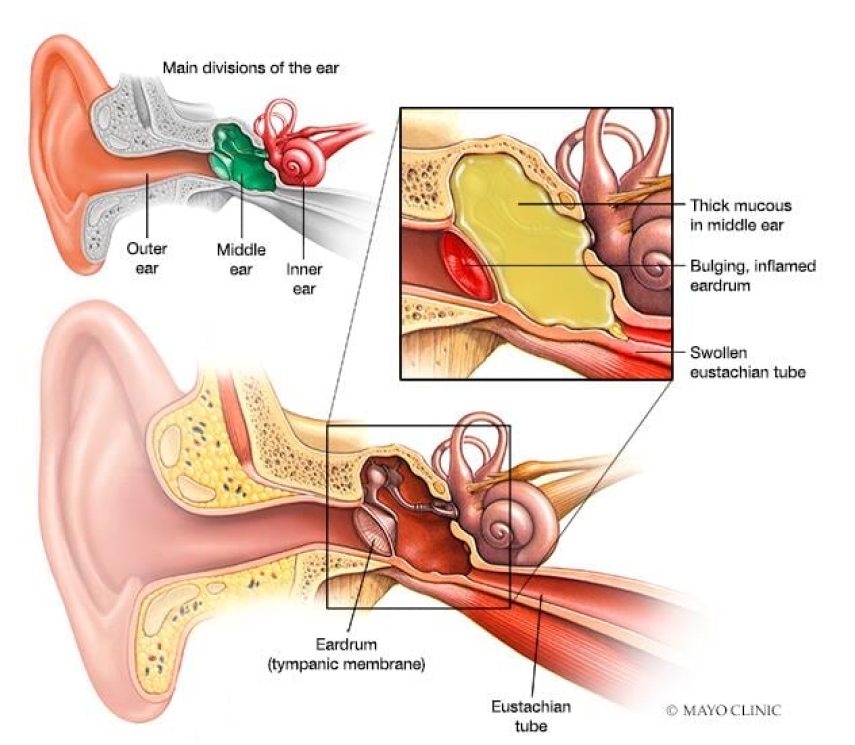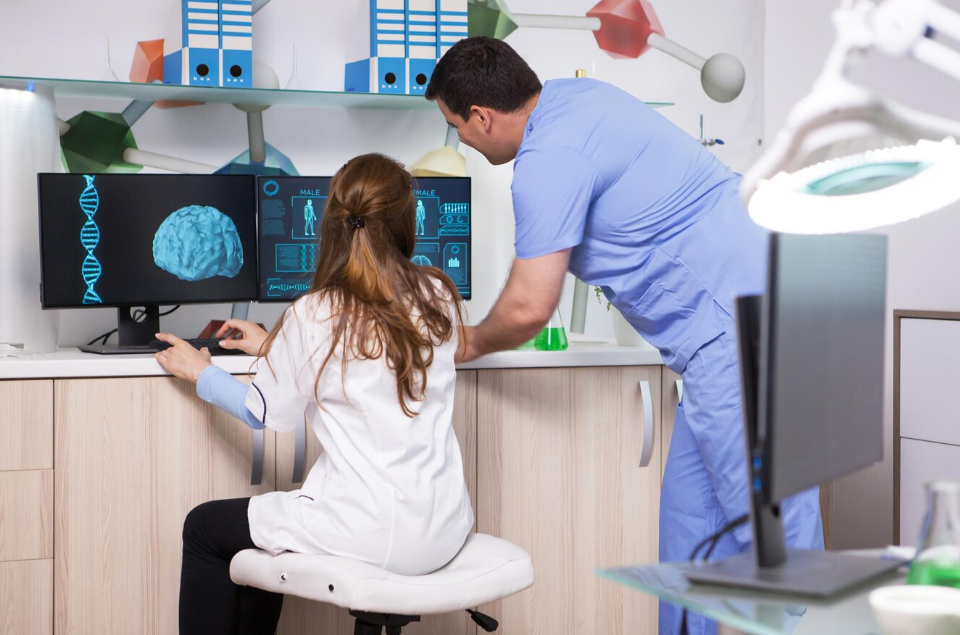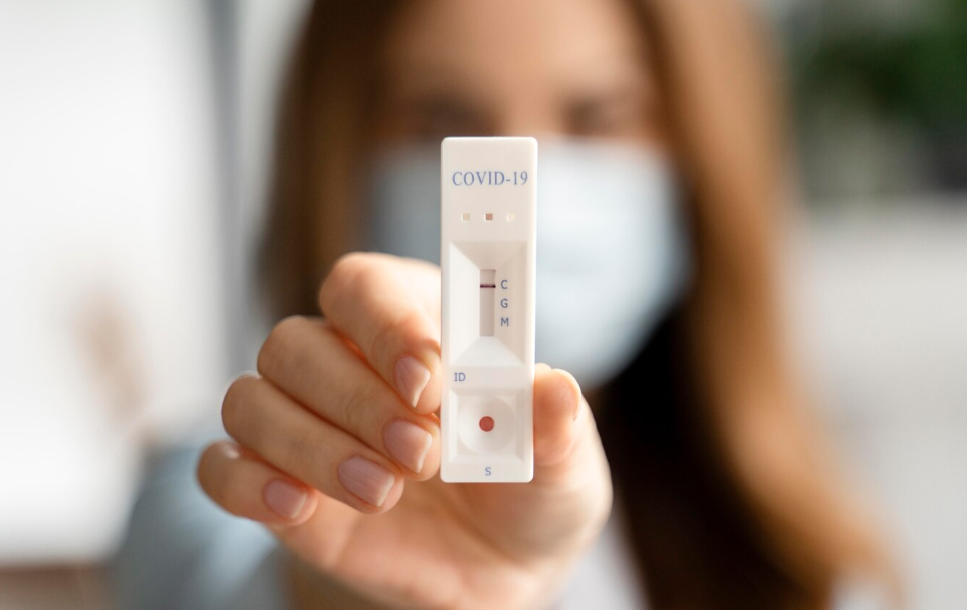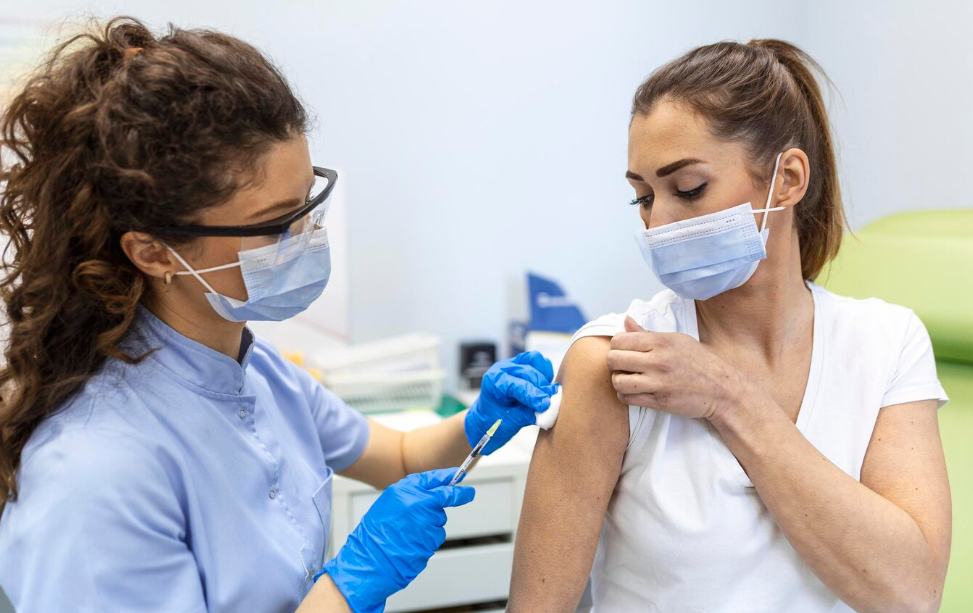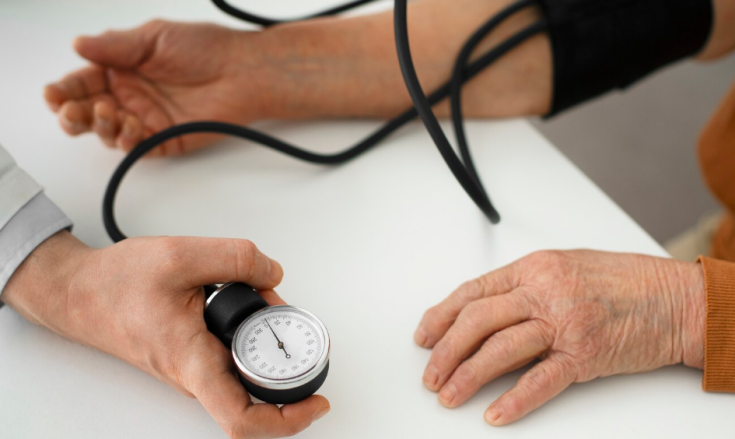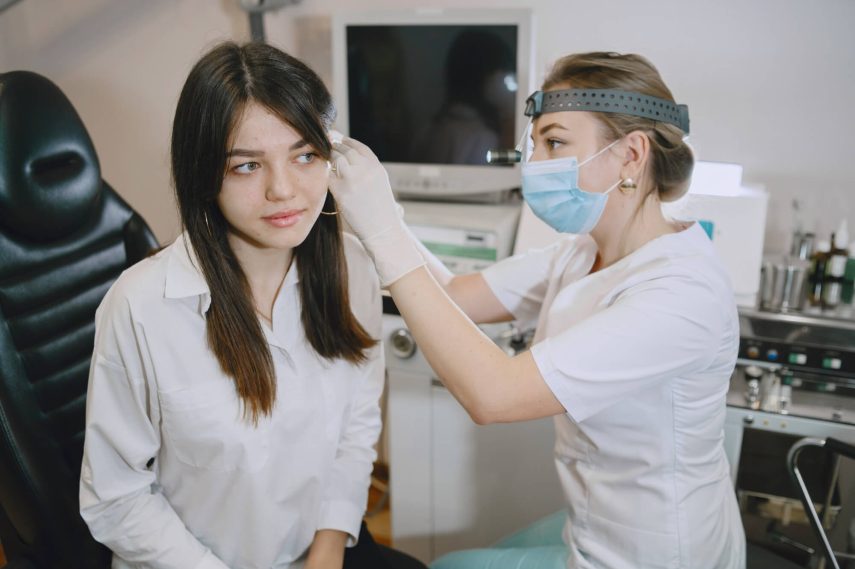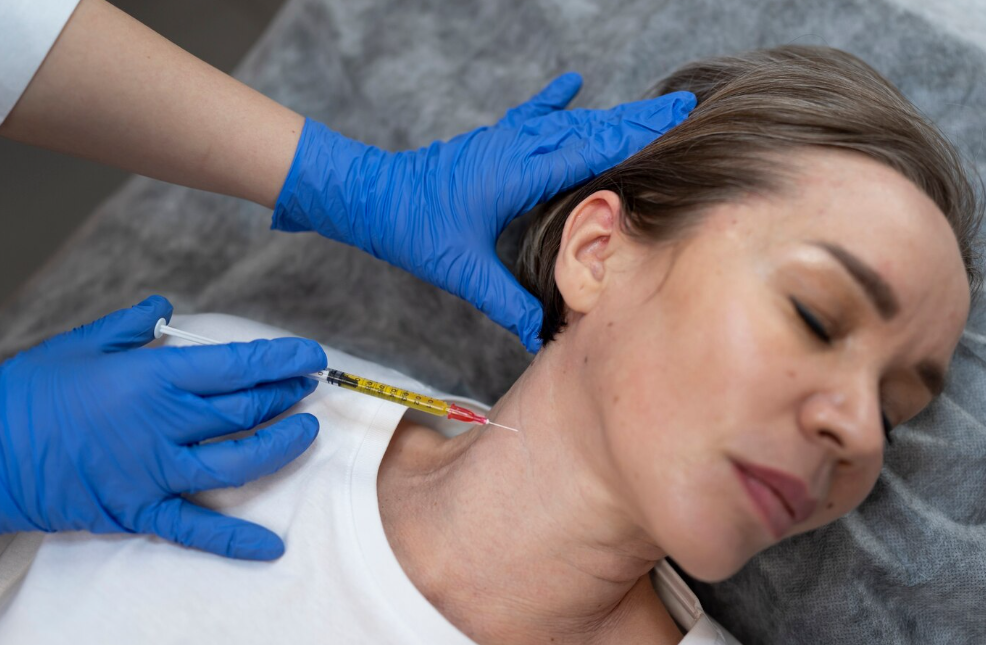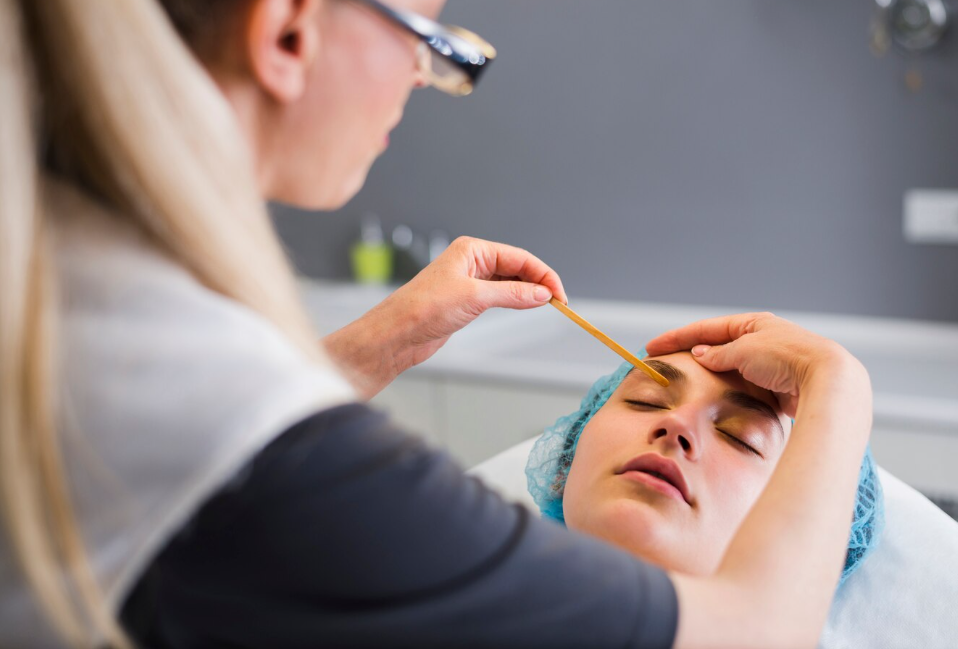
Skin Infections: Symptoms, Causes, and When to Seek Urgent Care in Stamford, CT
Skin infections are as diverse as the residents of Stamford, CT, varying significantly in type, severity, and cause. Grasping the full scope of these infections is vital for maintaining health and knowing when to seek care, especially at a trusted urgent care in Stamford, CT.
Table of Contents
- Key Takeaways
- Common Symptoms of Skin Infections
- Types of Skin Infections
- What Causes Skin Infections?
- Prevention and Early Intervention
- When to Seek Urgent Care in Stamford, CT
- Treatment Options for Skin Infections
- FAQs
- Conclusion
Key Takeaways
|

Common Symptoms of Skin Infections
Skin infections can manifest in many ways, often leading to discomfort and concern. Identifying the common symptoms is crucial for timely treatment, especially when considering the proximity of services like urgent care in Stamford, CT. Awareness and prompt action can make a significant difference in outcomes.
Visible Changes and Irritation
The most immediate indicator of a skin infection is a visible alteration in the skin’s appearance. Redness is a primary signal, ranging from light pink to a deep, angry red, depending on the severity and type of infection. Inflammation typically accompanies this redness, resulting in an area that is warm and swollen to the touch.
Eruptions on the skin, such as blisters, pimples, or pustules, can also signal an infection. These can vary widely in size, number, and distribution across the skin. In some cases, these eruptions may burst, weep, or crust over, which could further exacerbate the infection if not properly treated.
Discomfort and Pain
Pain is a clear indicator that something is amiss with the skin. It can range from mild irritation or itchiness to severe pain that hampers daily activities. The skin may feel tender, with even light touches causing discomfort. It’s the body’s way of signaling that the area needs attention and, possibly, professional care from an urgent care center in Stamford, CT.
Heat and Swelling
Heat and swelling often go hand in hand with the redness and pain associated with skin infections. The infected area may feel warmer than the surrounding skin, resulting from increased blood flow as the body mounts its immune response. Swelling can add discomfort and limit movement, particularly if the infection is near a joint.
Fluid Discharge
In some infections, a discharge may be present. This could be clear, white, or even greenish-yellow pus, indicating the presence of bacteria. The discharge is often odorous and can be a source of embarrassment and discomfort. It’s also a sign that the infection is at a stage where medical intervention is necessary to prevent further complications.
Systemic Symptoms
While local symptoms are often the most noticeable, systemic symptoms can also occur. Fever, fatigue, and a general feeling of malaise may develop, especially if the infection is not localized and begins to spread. These systemic symptoms signify that the body is fighting a widespread battle against the infection and that the assistance of healthcare professionals might be required urgently.

Types of Skin Infections
In Stamford, CT, the diverse population encounters various skin infections, each with distinctive symptoms. Recognizing these can guide when to seek treatment at a trusted urgent care in Stamford, CT like DOCS Urgent Care Stamford. Let’s delve into the different types of skin infections and the symptoms that characterize them.
Bacterial Skin Infections
Bacterial infections are common and can range from mild to life-threatening. Symptoms may include:
- Cellulitis: A deep infection presenting with red, swollen, and tender skin that may spread quickly. Fever and chills are possible if the infection enters the bloodstream. Seek a reputable urgent care in Stamford, CT, if symptoms are severe or worsening.
- Impetigo: Common in children, impetigo is red sores or blisters that rupture, ooze and form a honey-colored crust. Non-responsive cases require professional care from a seasoned urgent care in Stamford, CT.
- Folliculitis: Inflammation of hair follicles, typically manifesting as red pimples with hair in the center. When home remedies fail, visiting an urgent care facility in Stamford, CT, can provide effective treatment options.
Viral Skin Infections
Viruses can cause a range of skin symptoms, necessitating different treatment approaches. Symptoms can vary but often include:
- Herpes Simplex: This results in grouped blisters and sores, which can be painful. Recurrent episodes might indicate a need for prescription therapy from trusted urgent care in Stamford, CT.
- Varicella-Zoster (Chickenpox and Shingles): Chickenpox causes itchy, red rashes that become fluid-filled blisters. Shingles, a reactivation of the same virus, can cause a painful rash typically on one side of the body or face. Persistent or severe cases should be addressed by healthcare professionals at reliable urgent care in Stamford, CT.
Fungal Skin Infections
Fungi thrive in warm, moist areas, leading to skin conditions such as:
- Athlete’s Foot: Itching, stinging, and burning between the toes or on the soles of the feet, along with cracked, peeling skin.
- Ringworm: A red, ring-shaped rash with a clearer center and itchiness. Persistent cases can be expertly treated at seasoned urgent care in Stamford, CT.
Parasitic Skin Infections
Parasites living on the skin can cause significant discomfort. Symptoms to watch for include:
- Scabies: Severe itching, especially at night, and a pimple-like rash. Burrow tracks, or tiny raised lines, may also be seen. Such symptoms should be evaluated at an urgent care in Stamford, CT.
- Lice: Persistent itching caused by an allergic reaction to the bites, visible nits or lice on the scalp, and sometimes red bumps on the skin. For treatment options, consider a trusted urgent care in Stamford, CT.

What Causes Skin Infections?
Skin infections, while common, can often be prevented with a basic understanding of their causes. When prevention fails, it’s reassuring to know that residents in Stamford, CT, can rely on trusted urgent care in Stamford, CT for prompt and professional treatment. Below we explore the myriad causes of skin infections, their symptoms, and when to seek urgent care.
Breaks in the Skin
Any cut, scrape, or break in the skin can become a portal for bacteria, leading to infection. Symptoms such as increased redness, swelling, and pain at the wound site, along with possible pus or fluid discharge, are signs that you might need to visit a reputable urgent care in Stamford, CT. It’s essential to clean and monitor any skin breaks to catch infections early.
Contact with Contaminated Surfaces
Gyms, pools, and other communal areas are hotspots for fungi and bacteria, which can cause infections like athlete’s foot or impetigo. If over-the-counter treatments don’t resolve the itching or rash, it’s advisable to visit seasoned urgent care in Stamford, CT. These symptoms shouldn’t be ignored, as they can signify a spreading infection.
Viruses
Viruses, such as the human papillomavirus (HPV) causing warts, or the herpes simplex virus, can lead to skin infections. Symptoms may include pain, itching, and lesion formation. If these symptoms are present, professional care from trusted urgent care in Stamford, CT, may be necessary, particularly if the infection is recurrent or the pain is severe.
Bacterial Colonization
Certain bacteria naturally live on our skin but can cause infections if they multiply unchecked, often due to a weakened immune system or other underlying conditions. Boils, characterized by red, pus-filled lumps, are a common result. When you notice symptoms escalating, it’s important to seek medical advice from reliable urgent care in Stamford, CT.
Animal or Insect Bites
Bites can introduce bacteria or parasites into the skin, resulting in infections like cellulitis or bartonellosis. Signs of infection following an animal or insect bite should be assessed by medical professionals at an urgent care facility in Stamford, CT. Prompt treatment can prevent complications such as the spread of the infection to the bloodstream.
Allergies and Irritants
Contact dermatitis is an allergic reaction that can mimic infection symptoms, presenting with red, itchy rashes. When symptoms are severe or persist despite home care, a visit to an urgent care center in Stamford, CT is recommended. They can provide specialized care to distinguish between an allergic reaction and an infectious process.
Immunosuppression
People with weakened immune systems, whether due to conditions like diabetes or treatments like chemotherapy, are more susceptible to skin infections. Symptoms may be more severe or less typical, making early intervention crucial. A seasoned urgent care in Stamford, CT can offer the needed care efficiently.
Environmental Factors
Exposure to irritants, poor hygiene, and damp conditions can also lead to skin infections. For example, diaper rash in infants can become infected if not managed properly. These cases often benefit from the expertise available at a trusted urgent care in Stamford, CT.

Prevention and Early Intervention
Preventing skin infections is not just about reacting to symptoms; it’s about establishing routines and behaviors that minimize the risk of infection. For residents in Stamford, CT, understanding these preventative measures can help maintain healthy skin and reduce the need for visits to urgent care in Stamford, CT.
Personal Hygiene
Regular Washing and Bathing
Regular washing is the foundation of preventing skin infections. Use mild soap and warm water to wash your skin daily, especially after sweating heavily. Pat your skin dry with a clean towel instead of rubbing, to avoid irritation.
Wound Care
Any cuts, abrasions, or breaks in the skin should be cleaned promptly. Use soap and water to cleanse the area, then apply an antibiotic cream and cover with a sterile bandage. This basic wound care reduces the risk of bacteria entering the skin and causing an infection.
Protective Measures
Skin Barriers
Protect your skin with appropriate clothing and gear when engaging in activities that might cause skin damage. Whether gardening, playing sports, or working with irritants, ensure your skin is adequately covered.
Insect Repellent
Apply insect repellent to deter bites that can lead to skin infections. If you notice an excessive reaction to a bite, consider visiting a trusted urgent care in Stamford, CT for assessment.
Healthy Lifestyle
Balanced Diet and Hydration
A diet rich in fruits, vegetables, and lean proteins, along with plenty of water, helps keep your skin healthy and more resistant to infections.
Exercise and Sleep
Regular physical activity improves blood circulation, which supports skin health and repair. Adequate sleep is also essential for immune function, which plays a critical role in preventing infections.
Environmental Precautions
Humidity and Moisture Control
Use a humidifier during dry months to maintain skin moisture. Dry skin can crack and provide an entry point for bacteria.
Avoid Shared Personal Items
Never share personal items such as towels, razors, or clothing, as these can harbor bacteria and spread infection.
Awareness and Education
Recognize the Early Signs
Know the signs of a skin infection: unusual redness, swelling, warmth, and pain. By recognizing these symptoms early, you can take prompt action, including consulting with an urgent care in Stamford, CT.
Stay Informed
Stay up-to-date with best practices for skin health. Local healthcare providers, including urgent care facilities in Stamford, CT, can be excellent resources for information.

When to Seek Urgent Care in Stamford, CT
Seeking urgent care in Stamford, CT, for a skin infection is a critical decision that can prevent a minor issue from becoming a severe health problem. Knowing when to seek medical attention is as essential as the treatment itself. Below are detailed circumstances and symptoms warrant a visit to your local urgent care center.
Escalation of Symptoms
Even with the best home care, some skin infections require professional medical treatment. If symptoms such as redness, swelling, or pain are worsening rather than improving, it’s time to seek help. Additionally, suppose an infection seems to spread quickly, forming streaks or larger areas of redness. In that case, urgent care should be sought immediately.
Presence of Fever
A fever is a telltale sign that your body is fighting an infection. If you have a fever alongside a skin infection, it could mean that the infection is more serious, perhaps even systemic. High fever, especially one that’s persistent or above 101°F, should prompt a visit to an urgent care facility in Stamford, CT.
Unresponsive to Home Remedies
Sometimes, despite clean dressings, over-the-counter antibacterials, and proper hygiene, a skin infection won’t heal. If after a few days, there’s no improvement, medical intervention may be needed to prevent further complications.
Pain Management
If the pain from the skin infection becomes unmanageable or severely limits your daily activities, seeking urgent care is a prudent step. Pain can signify a deepening infection or the development of an abscess that may require drainage.
Signs of an Abscess or Cellulitis
Abscesses and cellulitis can arise from untreated or poorly managed skin infections. They are characterized by:
- Rapid swelling or enlargement of the infected area
- The formation of a pus-filled blister or a boil
- Increasing tenderness or sensitivity in the affected area
These conditions often require professional medical treatment, including the possible need for antibiotics or surgical drainage, available at urgent care centers.
Compromised Immune System
For individuals with weakened immune systems, such as those with diabetes, HIV/AIDS, or those undergoing chemotherapy, even minor infections can become serious quickly. In such cases, it’s advisable to err on the side of caution and seek prompt medical care at an urgent care facility.
If You’re Unsure
If you’re unsure whether your skin condition is an infection or something less serious, it’s always better to consult a healthcare provider. Urgent care centers in Stamford, CT, are equipped to diagnose and treat a variety of skin infections.
In all of these situations, timely medical evaluation and treatment can make a significant difference in outcomes. The accessibility of urgent care services in Stamford, CT like DOCS Urgent Care Stamford, means that residents can get the help they need without the wait typically associated with doctors’ offices or the emergency room. It’s essential to listen to your body and recognize when it’s time to take advantage of the healthcare resources available within your community.

Treatment Options for Skin Infections
Treatment options for skin infections can vary widely based on the type, severity, and cause. In Stamford, CT, individuals with skin infections have access to treatments at local urgent care facilities, primary care offices, and dermatology clinics. Below, we explore the various treatment methods available for skin infections.
Topical Antibiotics and Antifungals
For minor bacterial infections like impetigo or fungal infections such as athlete’s foot or ringworm, topical antibiotics or antifungal creams are often the first line of treatment. These are applied directly to the skin to target the area of infection.
Oral Medications
If a skin infection is more severe or has not responded to topical treatments, oral antibiotics or antifungals may be prescribed. These systemic treatments can help fight infections that have spread or are deep within the skin.
Antiviral Medications
Infections caused by viruses, such as herpes simplex or shingles, may require antiviral medications. These help reduce the severity and duration of symptoms and are most effective when started early in the course of the infection.
Pain Relief
Pain management is an important aspect of treating skin infections. Over-the-counter pain relievers like acetaminophen or ibuprofen can be used to alleviate discomfort. For more severe pain, a healthcare provider may recommend stronger prescription medications.
Steroid Creams
Inflammatory skin infections, such as those associated with eczema or allergic reactions, may be treated with corticosteroid creams to reduce inflammation and itching.
Surgical Intervention
Some skin infections result in the formation of abscesses. In these cases, surgical drainage may be necessary. This procedure is often performed in an urgent care setting. It involves numbing the area, making a small incision to drain the pus, and then covering the wound with a dressing.
Supportive Care
Supportive care is also an essential component of treating skin infections. This may include:
- Keeping the infected area clean and dry
- Elevating the affected area to reduce swelling
- Applying warm compresses to alleviate discomfort
- Resting to help the body heal

Frequently Asked Questions
What are the most common types of skin infections treated at urgent care in Stamford, CT?
At urgent care centers in Stamford, CT, the most commonly treated skin infections include bacterial infections like cellulitis, impetigo, and folliculitis, fungal infections such as athlete’s foot and ringworm, and viral infections like herpes simplex and shingles.
How do I know if my skin infection needs urgent care?
If you notice symptoms such as increased redness, swelling, warmth, pus, or if the infection is accompanied by a fever, you should seek medical attention at an urgent care center. Additionally, if the infection does not improve with home treatment within a few days, professional healthcare advice should be sought.
Can urgent care in Stamford, CT, provide treatment for all skin infections?
Urgent care centers in Stamford, CT, are well-equipped to treat most common skin infections. However, if specialized treatment or long-term care is required, they may refer you to a primary care provider or dermatologist.
Is it necessary to make an appointment for skin infection treatment at urgent care in Stamford, CT?
Most urgent care facilities in Stamford, CT, offer walk-in services, meaning no appointment is necessary. However, it’s often best to call ahead to check the availability of services and potential wait times.
Will I get antibiotics for a skin infection at urgent care?
Antibiotics are prescribed for bacterial skin infections if necessary by the medical provider. The decision to prescribe antibiotics will be based on the type and severity of the infection, the patient’s medical history, and any potential allergies.
Take Action Against Skin Infections: Seek Expert Care Today
Understanding the intricacies of skin infections is vital for timely and effective treatment. If you’re in Stamford, CT, experiencing symptoms that point to a skin infection, don’t hesitate to seek medical advice. For personalized care and expert consultation, reach out to DOCS Urgent Care Stamford. Early intervention can prevent complications, ensuring a swift return to health and comfort.
Recent Posts
- Top 6 Home Remedies for Tick Bites and When to Seek Urgent Care in Norwalk, CT
- 4 Best Sleeping Positions for Sinusitis Relief: Insights from Urgent Care in Stamford, CT
- 10 Tips for Managing Nausea During Pregnancy: Advice from a Primary Care Doctor in West Hartford, CT
- 6 Essential Steps to Take After a Scorpion Sting – Advice from a Primary Care Doctor in Bridgeport, CT
- 10 Warning Signs That Your Child’s Vertigo Requires Medical Attention from a Primary Care Doctor in Danbury, CT
Categories




















